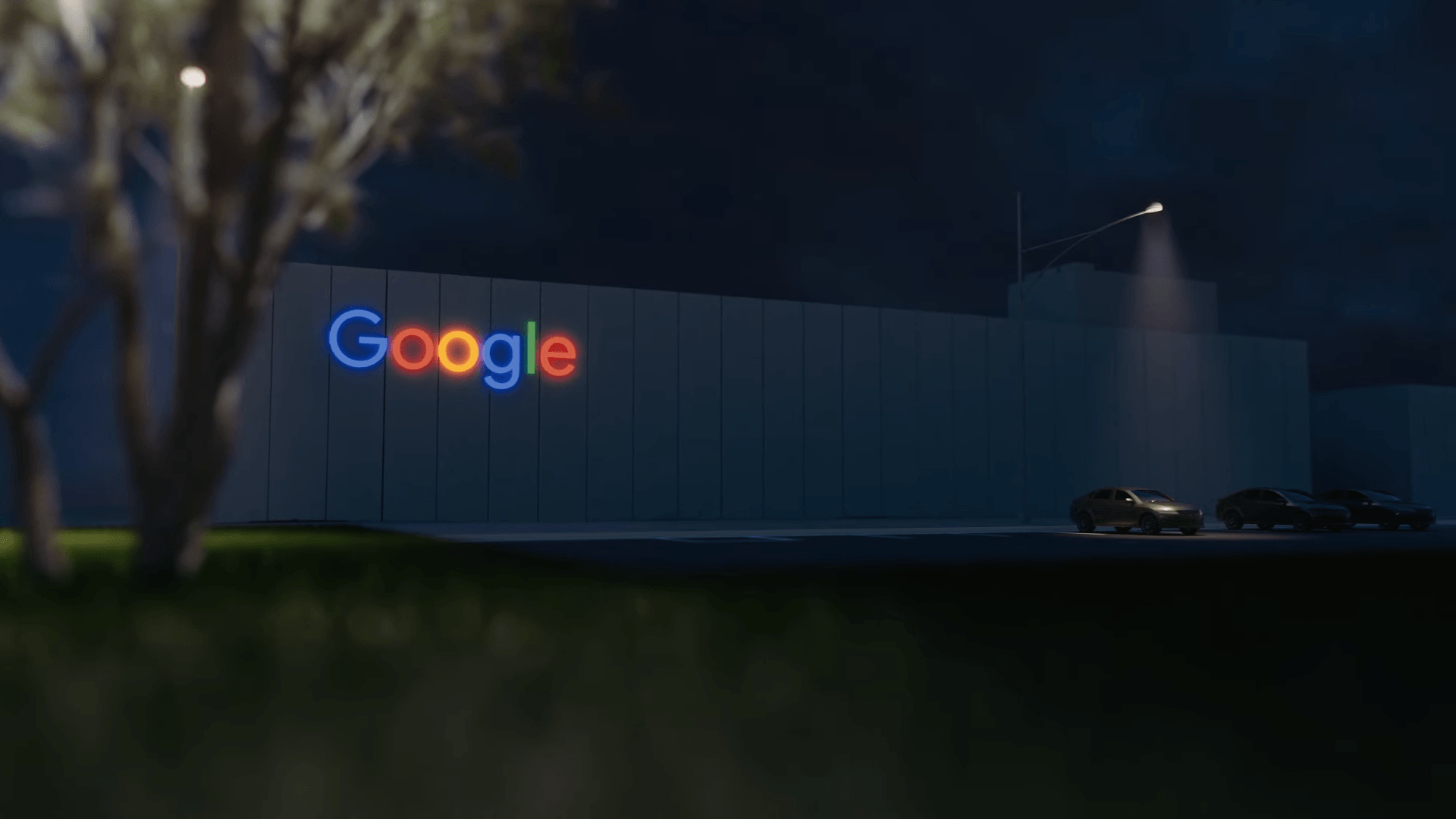Tech giants turn to nuclear power for AI-driven energy needs

Key Points
- Amazon, Google, and Microsoft are turning to nuclear energy to meet the growing power demands of their AI operations. Amazon is looking to Small Modular Reactors (SMRs) to boost its energy supply.
- Google has partnered with Kairos Power to bring the first SMR online by 2030. These reactors use molten salt for cooling and aim to provide up to 500 MW of carbon-free power.
- Microsoft plans to breathe new life into the Three Mile Island Unit 1 reactor, idle since 2019. Renamed the "Crane Clean Energy Center," it's set to pump out over 800 megawatts of carbon-free electricity starting in 2028.
Amazon, Google, and Microsoft are turning to nuclear energy to fuel their power-hungry AI systems. Each company is taking a different approach, ranging from compact modular reactors to breathing new life into old nuclear plants.
Amazon recently signed deals for nuclear power projects to meet its growing energy needs. The e-commerce giant says it's looking at small modular reactors (SMRs) and keeping existing nuclear plants running. So far, Amazon is keeping mum on the specifics of these projects and who it's working with.
Google bets on new reactor technology
Google has inked what it calls the world's first corporate agreement to purchase nuclear power from multiple small modular reactors (SMRs). The tech giant is teaming up with Kairos Power, which aims to connect its first SMR to the grid by 2030. More reactors are slated to follow by 2035.
According to Google, the deal will "enable up to 500 MW of new 24/7 carbon-free power to U.S. electricity grids." This move signals Google's commitment to clean energy sources as it seeks to meet the growing power demands of its operations, including energy-hungry AI data centers.
Kairos Power's reactor design uses molten salt for cooling and ceramic spheres as fuel. The company says this setup is passively safe and allows for a simpler, cheaper reactor. The smaller, modular design aims to speed up construction, work in more locations, and make costs more predictable.
Microsoft revives shuttered nuclear plant
Microsoft is charting a different course by inking a 20-year power purchase deal with US energy provider Constellation. The agreement aims to bring the Three Mile Island Unit 1 nuclear reactor in Pennsylvania back online. This reactor was taken offline in 2019.
Plans call for reconnecting the reactor to the power grid in 2028 under its new moniker, the "Crane Clean Energy Center" (CCEC). Once operational, it's expected to pump out over 800 megawatts of carbon-free electricity.
This nuclear revival isn't without its critics. Concerns remain about the safe disposal of radioactive waste and potential safety issues. Projects also face a gauntlet of regulatory approvals. Still, nuclear power looks set to become a cornerstone of tech giants' green energy plans, fueled by the soaring energy needs of AI systems.
AI News Without the Hype – Curated by Humans
As a THE DECODER subscriber, you get ad-free reading, our weekly AI newsletter, the exclusive "AI Radar" Frontier Report 6× per year, access to comments, and our complete archive.
Subscribe now